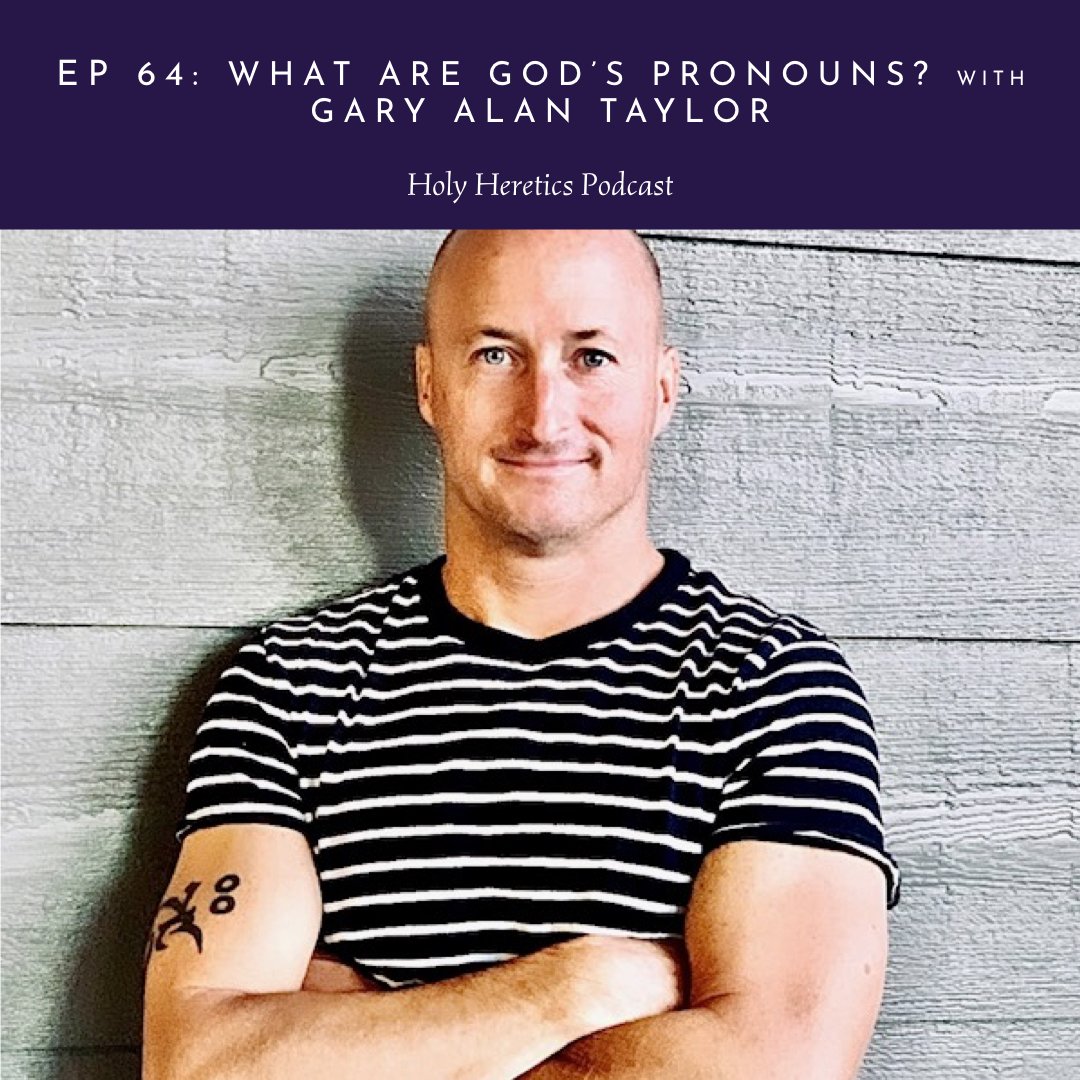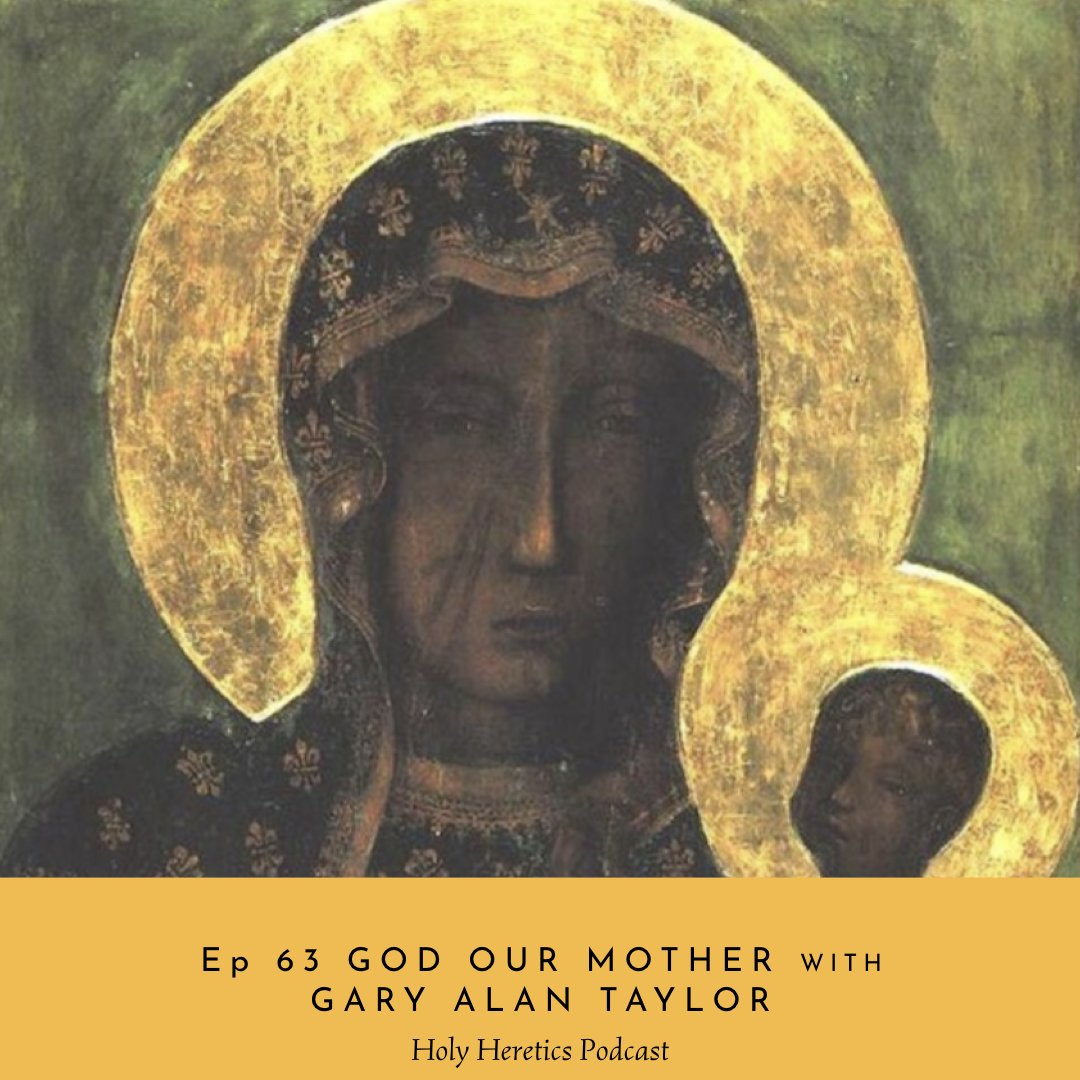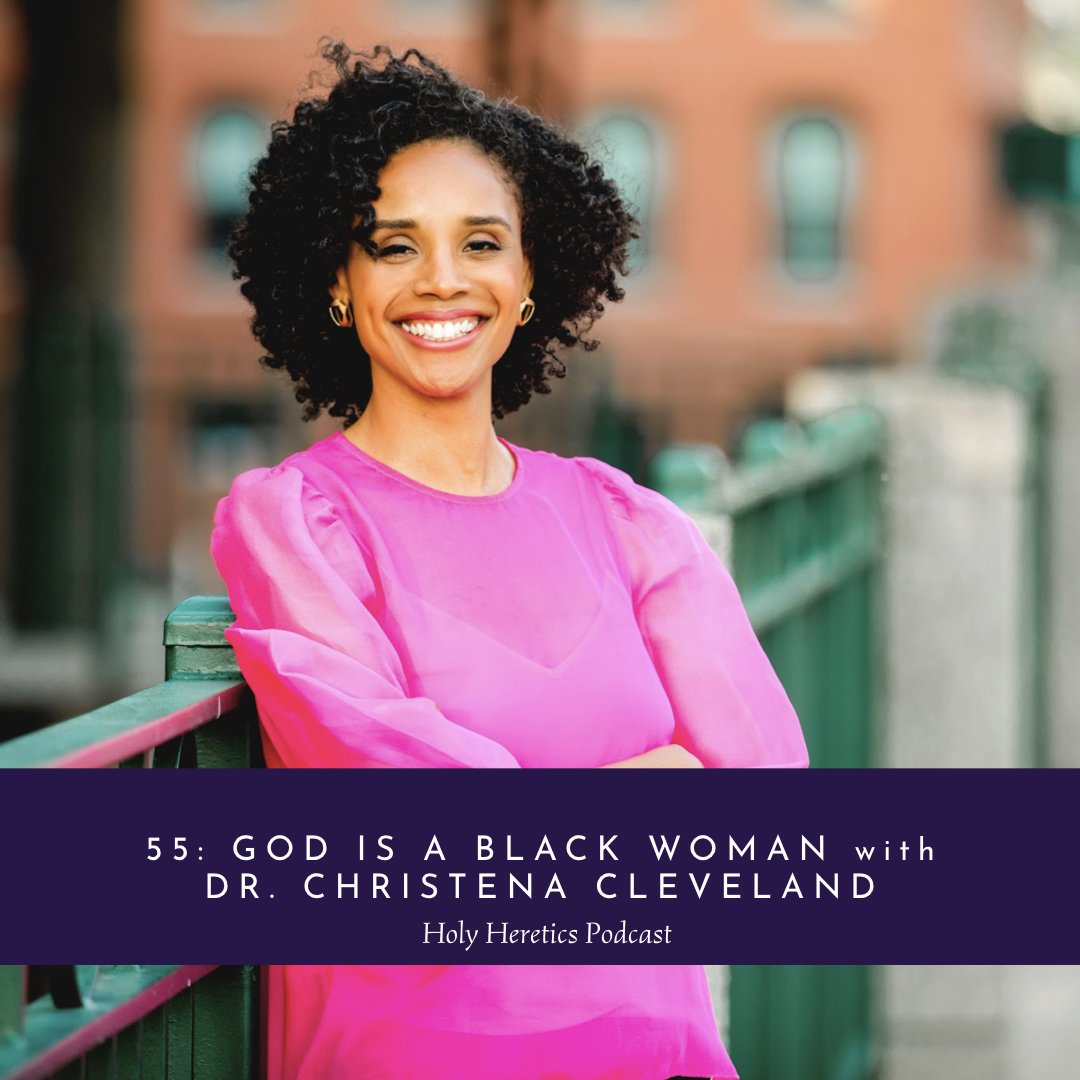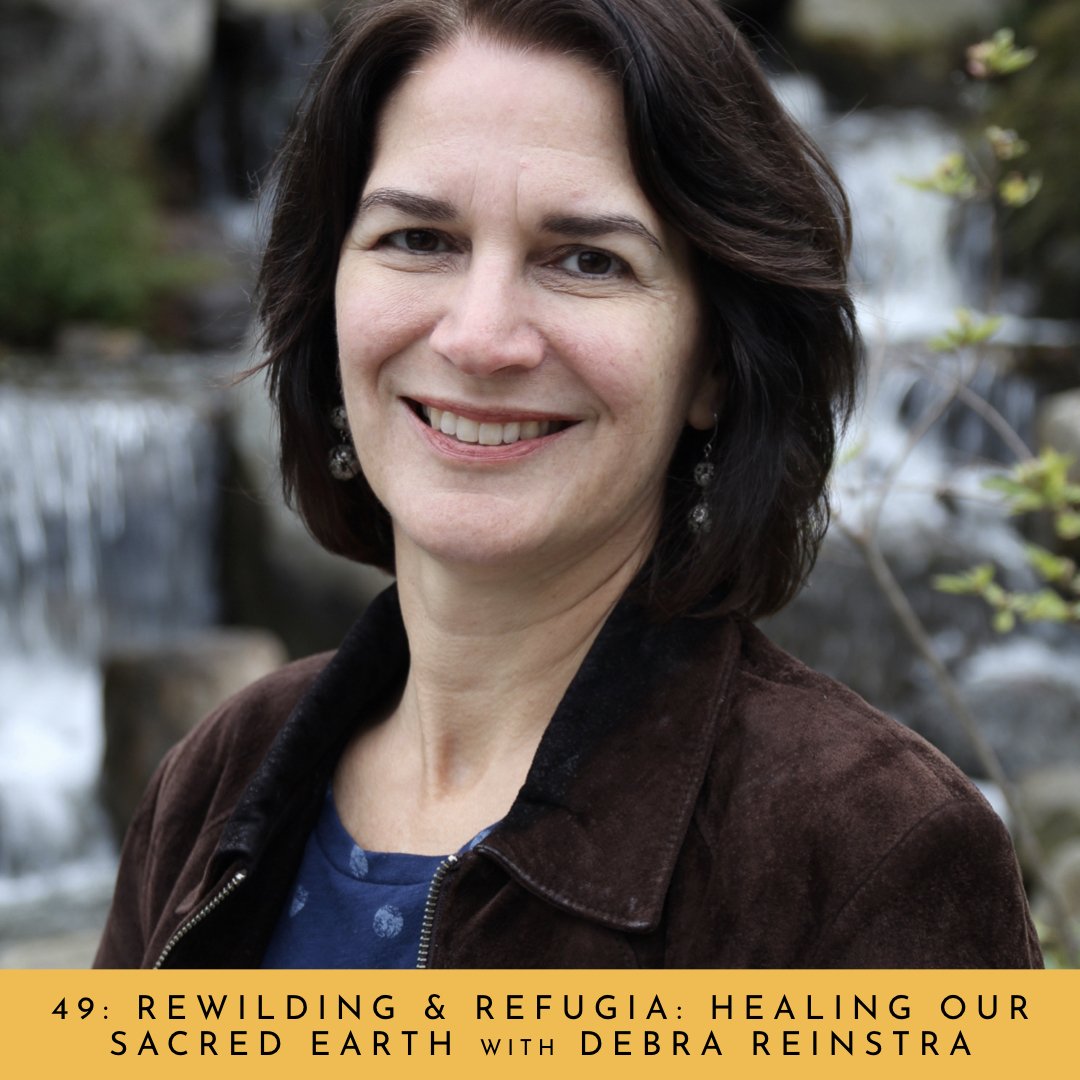The Myth of More
When we moved to Colorado, Monument was a one horse town. His name was Baron. He lived in the downtown corner corral next to the feed store. Each morning, his caretaker opened the gate to let Baron roam town until dusk. You’d see Baron at the post office, grazing in the park, or down by the liquor store. I met Baron at the sidewalk café. He nuzzled up to me during breakfast to nibble the last bits of my huevos rancheros.
Baron is long gone, and so is the sleepy town we both called home. Back then, you could look south and there was nothing but open prairie and pine trees as far as the eye can see. Foxes walked the sidewalks. Bears slept on back decks, and a mountain lion or two lurked in the shadows up on Mount Herman.
Urban sprawl turned the front range into a hundred mile long strip mall. It’s heartbreaking. Most of the open land between Colorado Springs and Denver is now under development. What was once the home of the Arapahoe, Cheyenne, Comanche, and Kiowa is now home to IKEA, Costco, Amazon, FedEx, Target, thousands of starter homes, and a few hundred Starbucks. We call this civilization.
Last week, on my way home from work, I noticed a herd of pronghorns staring in disbelief at their grazing ground, which had changed since yesterday. Three huge earth movers and a few bulldozers were at work destroying their habitat. The helpless herd watched in disbelief as the buffalo grass and plains were prepped for a master planned community. I pulled off the road, got out of my car, and went over near the scrub oak to sit with them. They stood transfixed for over thirty minutes, looking directly at the machines maiming their native land. I wanted to tell them it would be okay, but I knew that was a lie. Sitting with them in silence, I remembered the words of Eco philosopher Derrick Jensen. Through tears, I spoke his words to my friends. “They’re going to build here. Hundreds of houses and thousands of apartments. They. Developers, I guess you’d call them. I don’t. Killers is probably the best name for them, because that is what they do.” They didn’t understand, or maybe they did. In resignation, they turned their heads and walked east into the Ponderosa Pines.
We call this progress, dominion, development, and our manifest destiny. In the satirical and honest words of Samuel Miller McDonald, “To develop is to transform land that was shared by many forms of life into land that is used by only one form of life. The process of turning land shared by many species into land dominated solely by ours, exclusively for the enhancement of ours, is progress.” Author Derrick Jensen puts it even more bluntly:
“Make no mistake, our economic system can do no other than destroy everything it encounters. That’s what happens when you convert living beings into cash. That conversion, from living trees to lumber, schools of cod to fish sticks, and onward to numbers on a ledger, is the central process of our economic system. Psychologically, it is the central process of our enculturation; we are most handsomely rewarded in direct relation to the manner in which we can help increase the Gross National Product. It’s unavoidable: so long as we value money more highly than living beings and more highly than relationships, we will continue to see living beings as resources, and convert them to cash; objectifying, killing, extirpating. If monetary value is attached to something it will be exploited until it is gone.”
The pronghorn will soon be gone, just like the red fox last seen here over five years ago. What we humans want, we bloody take, all other sentient beings be damned. Best-selling author, mythologist, and psychologist Dr. Sharon Blackie refers to this insatiable quest as the myth of more. In a recent conversation on Holy Heretics, she expounded on the concept.
“It’s the idea that every generation must have more than the generation that came before it. The myth of progress is related to that. We must always progress, we must always have more of everything, and it’s insane in a since because it completely ignores the fact we live on a planet whose resources are frankly finite. That whole idea that we should be looking for more is quite contrary to our ancestral stories and fairy tales which always tell us about just taking enough.”
Westerners have exchanged our indigenous stories for stories of colonization, capitalism, imperialism, and greed. These stories have consumed our consciousness, shrunken our hearts, and deadened our imaginations. Progress is our highest virtue, accumulation our greatest desire. With a raise, comes the urge to buy more. You grow older; you trade in the starter house for a bigger one. Now that you’ve finally paid off that car, it’s time to invest in a brand new one. On and on we go, actors in a Ponzi scheme that will eventually kill us all.
To counter the myth of more, to push back on the lies our economy and political systems fabricate, we need new social customs, new values, and alternative stories that remind us how the world really works. These stories, customs, and truths aren’t actually new, but ancient, time-tested tales that have served humanity for millennia. One such tale comes to us from the Celtic tradition known as the Glasgavlen, or the Cow of Plenty. Dr. Blackie told me this story in our recent chat.
Once there was a fairy cow known as the Glasgavlen. She roamed the Irish countryside giving milk to anyone in need. Described as being milk-white and studded with bright green spots, it was said this fairy animal regularly made the rounds providing milk to all the households on the island. One day an evil man approached her for milk. Instead of milking the cow for only what he needed that day, he milked the cow through a sieve, filling bucket after bucket after bucket until the cow of plenty ran dry. When the cow turned around and realized what had happened, she vanished into the ether and was never seen again.
Greed of this kind is not uncommon in modern America, it is built into our system. We’ve all been bamboozled by the myth of more. Hell, my title at the university is Director of Development. I assure you; the hypocrisy is not lost on me. Our concept of progress is not only destructive, it’s irrational, and completely unsustainable.
Here’s what I know to be true. I can’t stop the land developers from building more houses. But I can start with myself. My consumer habits are changeable. I can compost. It is possible for me to continue driving my used car. Enough really can be enough. Challenging the idea that our version of progress is making life on this planet better is something I can do. The myth of more has resulted in increased malnutrition for anyone who isn’t white, burgeoning poverty for anyone who isn’t the recipient of imperial largess, and enslavement for people with skin pigmentation. This is the legacy of more.
What are you doing to counter the myth of more? I’d love to learn from you. Let me know in the comments below and look for our conversation with Dr. Sharon Blackie, which releases October 15th!
Here are additional resources to aid your pursuit of less.
The Enchanted Life by Sharon Blackie
The Myth of Progress by Tom Wessels
Meditations of John Muir compiled by Chris Highland
Sacred Earth Sacred Soul by John Philip Newell
The Mammoth Book of Celtic Myths and Legends by Peter Berresford Ellis
The Celtic Way by Ian Bradley
A Language Older Than Words by Derrick Jensen
Gary Alan Taylor





Living in the United States is a daily dose of trauma. It often feels like we’ve all been raised in captivity, but we don’t have to live this way.